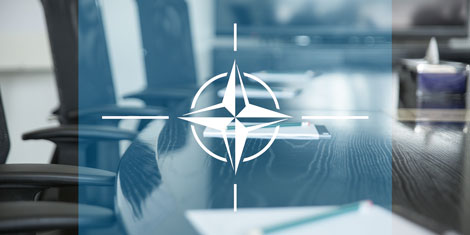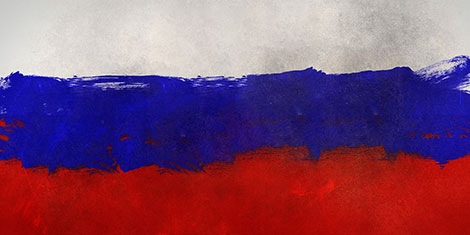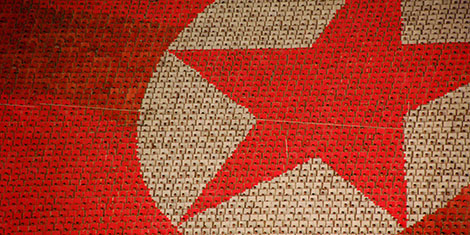
Image courtesy of Kurious/Pixabay.
This article was originally published by Geopolitical Futures on 19 October 2017.
Blending the policies of his predecessors, the Chinese president is trying to liberalize with an iron fist.
The world has changed since modern China was founded, and it seems that China, not for the first time, is changing with it. When Mao Zedong established the republic in 1949, having fought a civil war to claim it, China was poor and unstable. To reinstate stability he ruled absolutely, his government asserting itself into most other state institutions. Private property was outlawed, and industrialization was mandated, from the top down, in an otherwise agrarian society. The goal was to disrupt China’s feudal economic system that enriched landlords but left most of the rest of the country in poverty. Mao’s techniques ensured compliance with government policies, but they did little to improve the country’s underdeveloped economy. This is what we consider the first era of communist rule.




